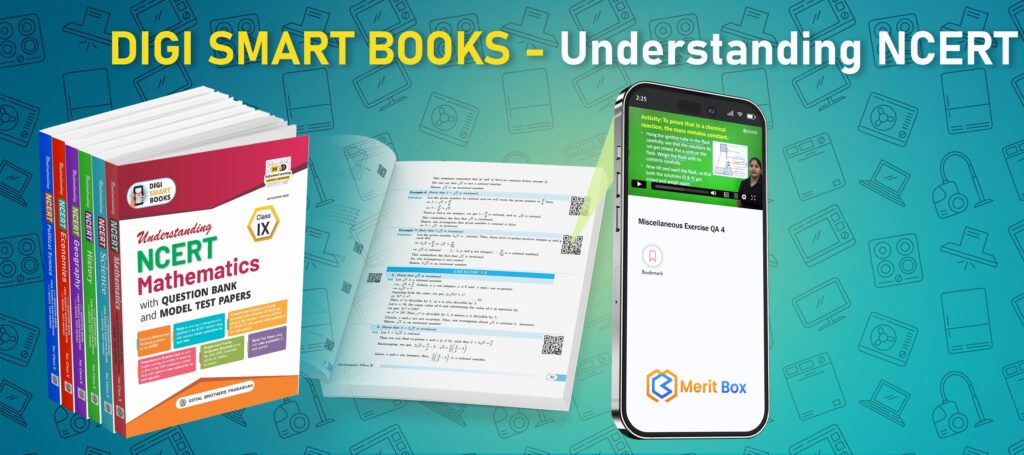The Nobel Prizes are the world’s highest recognition of achievement in science, literature, and peace, celebrating individuals and organizations whose work has brought profound benefits to humanity. The 2025 laureates epitomize the spirit of inquiry, compassion, and creative pursuit that Alfred Nobel sought to inspire when he founded these prizes in 1901.
What are the Nobel Prizes?
The Nobel Prizes, awarded each October, recognize breakthroughs in six major fields: Physiology or Medicine, Physics, Chemistry, Literature, Peace, and Economic Sciences. Each laureate receives a gold medal, a signed diploma, and a substantial cash award (in recent years, approximately 11 million Swedish kronor—over $1 million USD). The awards are managed by bodies like the Royal Swedish Academy of Sciences, the Swedish Academy, the Karolinska Institute, and the Norwegian Nobel Committee.
Nobel Prize 2025 Winners and Their Work
Physiology or Medicine
- Winners: Mary E. Brunkow, Fred Ramsdell, Shimon Sakaguchi
- Contribution: Their discovery of regulatory T cells (Tregs) revolutionized immunology, revealing how the body maintains immune balance and prevents autoimmune disease. Their work with the FOXP3 gene has led to new treatments for conditions like type 1 diabetes, multiple sclerosis, and rheumatoid arthritis, significantly improving human health.
Physics
- Winners: John Clarke, Michel H. Devoret, John M. Martinis
- Contribution: Awarded for the discovery of macroscopic quantum mechanical tunnelling and energy quantization in electric circuits. Their research lies at the heart of quantum computing, enabling stable and scalable quantum bits (qubits). This breakthrough has applications in secure communications, advanced computation, and precision measurement.
Chemistry
- Winners: Susumu Kitagawa, Richard Robson, Omar Yaghi
- Contribution: Honored for developing metal-organic frameworks (MOFs)—porous crystalline materials with extremely high surface area and tunable structure. MOFs are used for gas capture and storage, catalysis, water purification, and clean energy, addressing critical environmental challenges and advancing sustainable technology.
Literature
- Winner: László Krasznahorkai
- Contribution: The Hungarian novelist is celebrated for his visionary prose that captures chaos, fragility, and existential struggle. His works, including “Satantango” and “The Melancholy of Resistance,” unite readers in a profound exploration of humanity through immersive, philosophical narratives.
Peace
- Winner: María Corina Machado
- Contribution: The Venezuelan leader is recognized for her relentless advocacy for democratic rights and peaceful transition to democracy. By uniting divided movements and promoting free elections, she’s shown the world the transformative power of civilian courage, ballots, and peaceful political action.
Economic Sciences
- Announcement Pending: The Nobel Economics Prize will be announced on October 11, 2025, with expectations focused on innovative approaches toward poverty, market analysis, and the future of global development.
The Nobel Prize: Why It Matters
- Encourages innovation: Motivates scientists and humanitarian leaders to challenge boundaries and seek new solutions.
- Recognizes global impact: Honors work with enduring, positive effects for society and the planet.
- Inspires future generations: Nobel laureates become role models for students, scholars, and policymakers, guiding the next wave of change-makers.
- Strengthens peace, cooperation, and ethical leadership: Especially through the Peace Prize, the award highlights peaceful resolutions and compassion in leadership.
Nobel Prizes remind us that knowledge guided by empathy can change the world—from the laboratory to the ballot box, from the written word to the global movement for justice and sustainability.
**#NobelPrize2025 #Innovation #HumanAchievement #Peace #Science #Literature #Democracy #Sustainability #Inspiration



